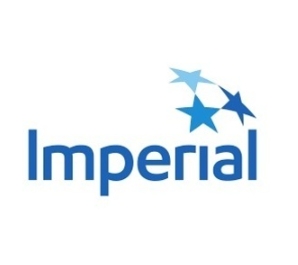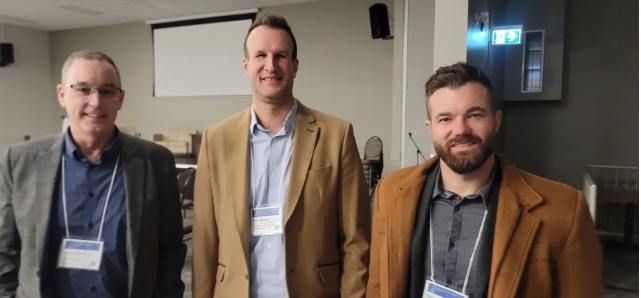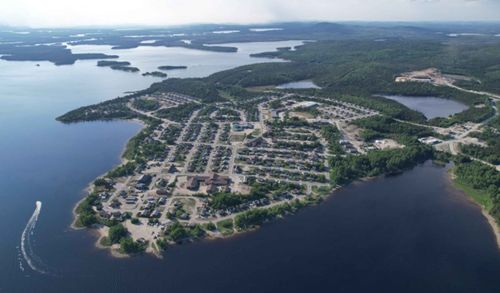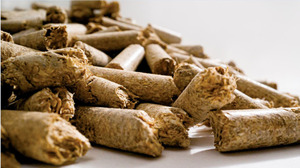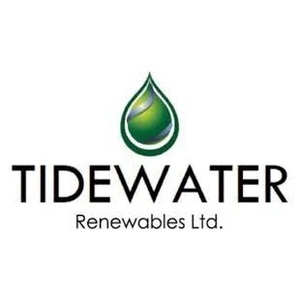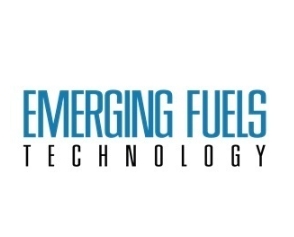
Coupled with Highbury's advanced gasification technology, WBCE Corp will deploy EFT's proven Fischer-Tropsch technology at its first biorefinery in Fort Frances, Ontario. The facility will process wood waste from local mills and produce 20 million liters of low-carbon renewable fuels, including low-carbon intensity renewable diesel and Sustainable Aviation Fuel (SAF).
Leading the joint venture with Highbury are 10 proactive and forward-thinking Treaty 3 Fort Frances Ontario area First Nations, further underscoring the project's commitment to Indigenous leadership and environmental stewardship.
WBCE Corp President and Mitaanjigamiing First Nation Chief Janice Henderson noted, "Transportation companies, railways, airlines, and heavy truck operators are increasingly seeking low-carbon fuel sources to meet stricter emissions regulations, and this demand can benefit WBCE Corp. and the First Nation communities.
"It is a chance for First Nations to do something good for our forests, it's our chance to do something good for the environment, and it's our chance to be rewarded for doing good things," said WBCE Corp. board member Chief Wayne Smith of the Naicatchewenin First Nation. "I see 'our time' as the time of an energy revolution — when we turn away from fuels that damage the environment and put life at risk and adopt fuels that are better for all living things."
Project Milestones:
● Process Design Package (PDP): Underway, with completion expected in early 2025.
● Front-End Engineering Design (FEED): Following and leading to a Financial Investment Decision (FID) by mid 2025.
● Federal Government Support: Natural Resources Canada is funding the bulk of the FEED study, highlighting its commitment to renewable energy innovation.
About Emerging Fuels Technology (EFT):
Emerging Fuels Technology (EFT) develops and implements advanced technologies for producing synthetic, renewable, and sustainable fuels and chemicals. Collaborating with syngas technology providers, EFT converts diverse feedstocks — including biogas, biomass, and CO₂ from industrial and biogenic sources, direct air capture, and seawater capture — into customized solutions. EFT licenses its Fischer-Tropsch (FT) synthesis and upgrading technologies to third parties, offering engineering and laboratory support such as process design, simulation, catalyst testing, sample production, training, and more.
